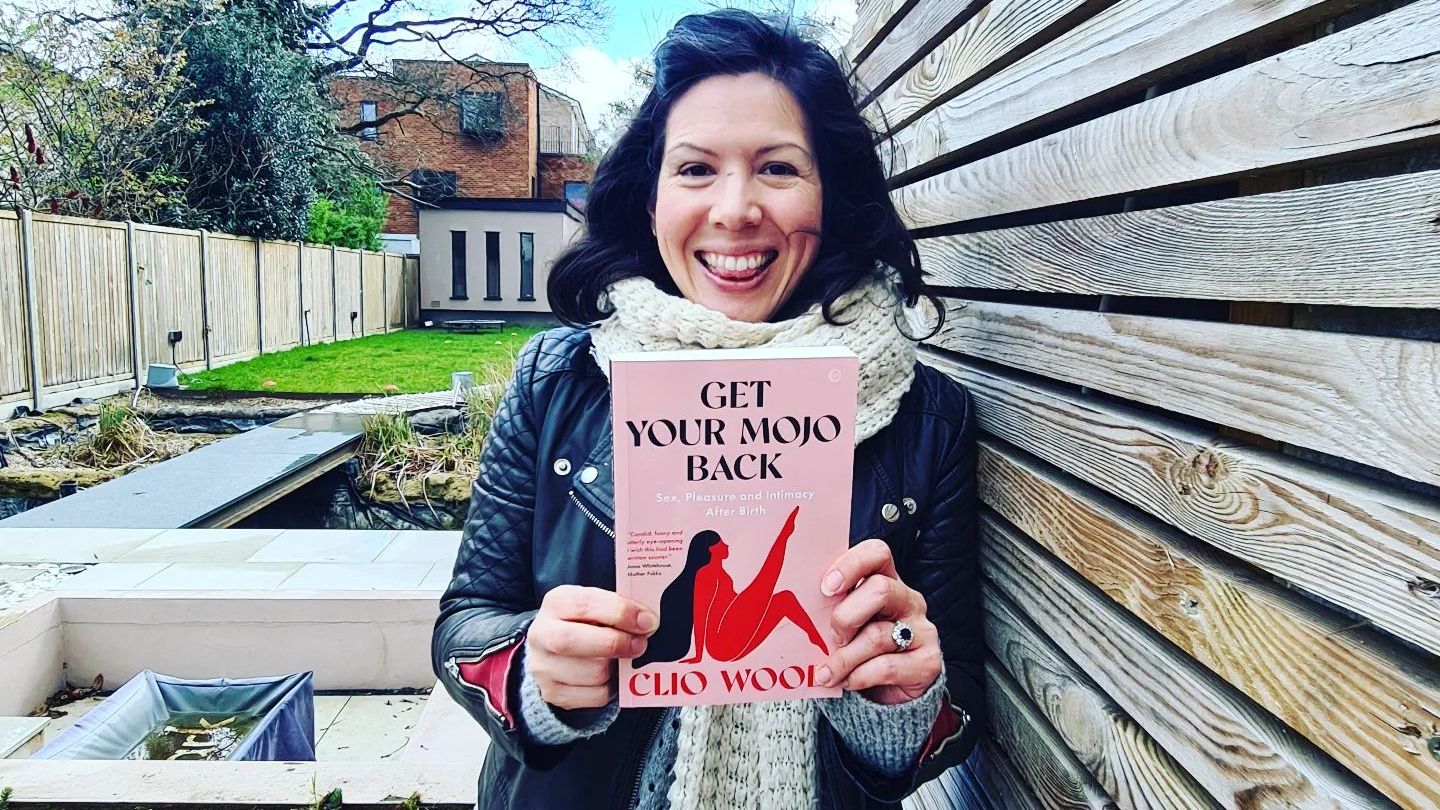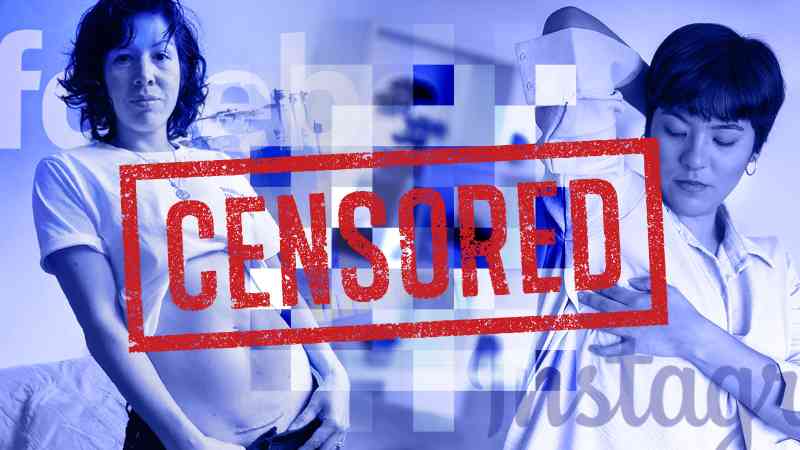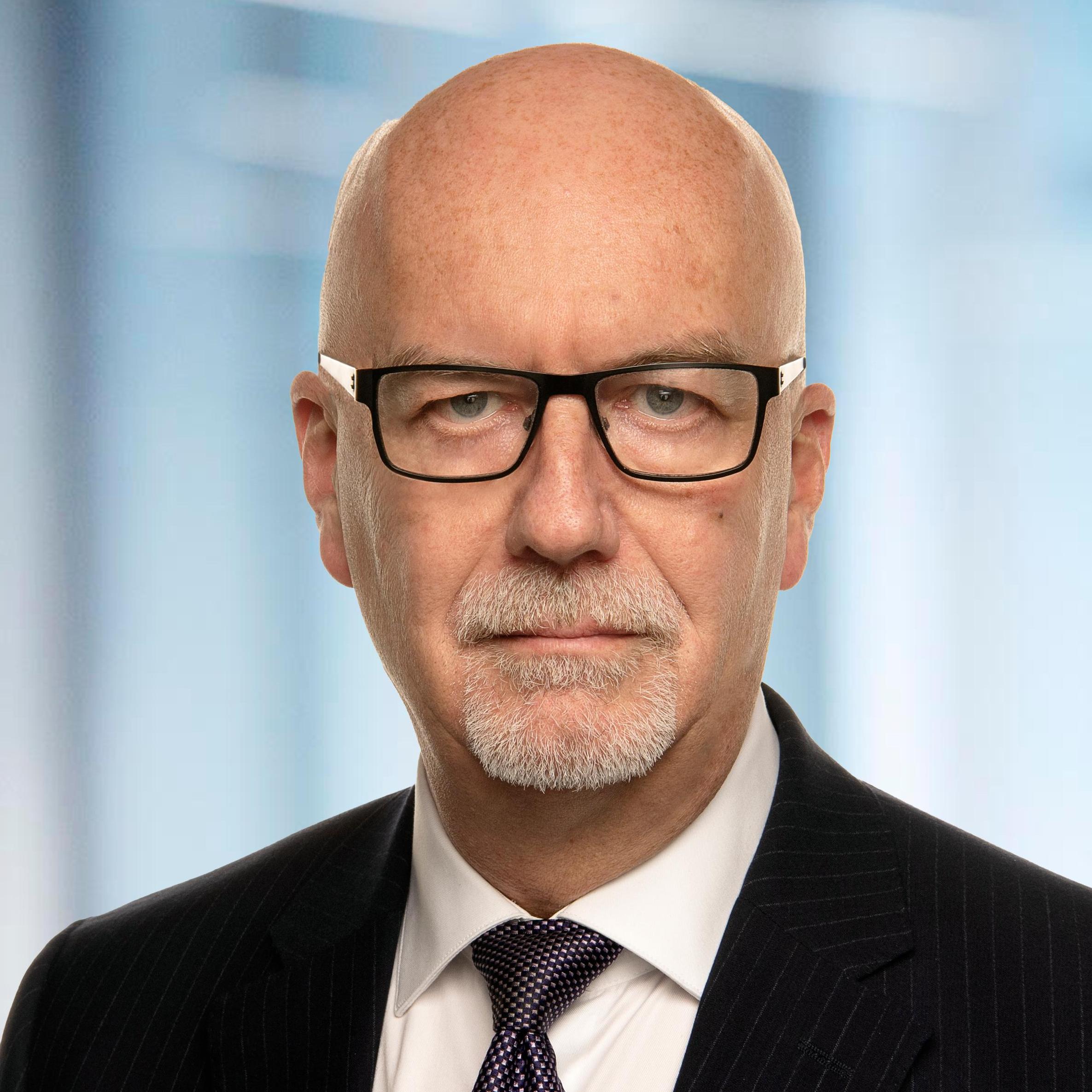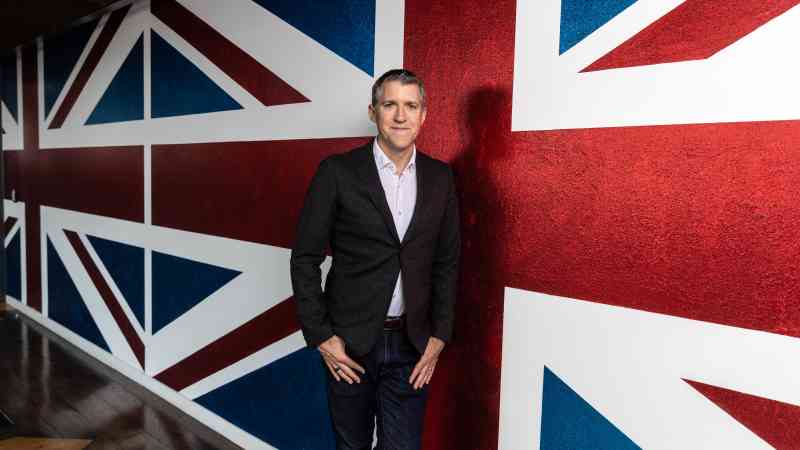Social media sites censor women’s health posts as pornographic
Social media sites are labelling women’s health advice as “pornographic” or “prostitution” because the posts use anatomical terms such as breast, research has showed.
Practical health information including warnings on how to identify cancer is being censored by social media giants including Instagram and Facebook. Campaigners say that the algorithms used by the sites typically classify terms for female body parts as “inappropriate” without considering whether they have been used in a sexual context.
In one case a breast cancer awareness campaign had to resort to using male nipples in its posts because female nipples were banned, while a campaign raising awareness of gynaecological cancers had restrictions applied to its account after it used the word “vagina”. A post explaining how women should check their breasts for cancer was flagged as “prostitution”.
Women’s health experts have accused the social media companies of hypocrisy for censoring health information from qualified professionals while the sites are failing to crack down on hypersexualised images and fake accounts.
Nine out of ten respondents that shared women’s health content said they had experienced some form of censorship in the past 12 months, with four in ten experiencing ten or more separate issues during the period, according to a survey of more than 50 organisations by the CensHERship campaign.
Janet Lindsay, chief executive of the charity Wellbeing of Women, said: “Censoring women’s health content on social media perpetuates the idea that female anatomy is shameful and should be hidden away. Too many women are not talking about their debilitating gynaecological health conditions due to perceived shame and stigma and are thus deterred from seeking the help they need.

“Using anatomical terms to provide accurate health information is fundamental to helping women advocate for their health and get the care they need. Social media companies need to help empower women by ending this censorship.”
Celebrity campaigners including Davina McCall and Mariella Frostrup are also supporting calls for women’s health advice to be available on social media without restrictions. In a recent Wellbeing of Women video calling for campaigners to be able to “use anatomical terms”, McCall said: “I’m a women’s health campaigner and of course I want to say the word menopause all the time.”
Anna O’Sullivan, co-founder of the CensHERship campaign and whose FutureFemHealth account shares news on advances in women’s health technology, said that the existing rules were “damaging and harmful”.
She added: “This is an entirely avoidable situation if social media platforms [would] agree to adjust their policies to avoid the restriction and censorship of women’s health content.”
Nine out of ten of respondents reported censorship on Instagram and four out of ten had issues on Facebook. Issues were also reported on other platforms, such as TikTok and Linkedin.
Clio Wood, an author and co-founder of the campaign, had her Instagram account flagged for “inappropriate content” after she posted an innocent video of herself dancing in a bikini to promote body positivity and self-confidence.
Yet there are more than 48 million posts on Instagram under the hashtag #bikini — many of which are highly sexualised images and some featuring very young women.
Wood said: “What’s especially galling is that every day, men’s health topics are left uncensored, and hypersexualised women’s bodies, unsolicited pictures and fake accounts using nearly-naked female profile pictures are making their way into social media feeds and inboxes unchecked. It’s hypocritical.
“Charities, medical practitioners, creators and brands are being censored constantly through algorithms picking up words like sex, vagina, vulva, or period, which are all normal human functions or body parts.”
She said women’s health campaigners were having to resort to using symbols or numbers to disguise these words or bleep them out in videos to avoid censorship. “It is just ridiculous.”
Meta, which owns Instagram and Facebook, claims it does not have a blanket ban on words such as “menopause” or “vagina” and that it allows discussion of women’s health, but not adult content. It declined to comment on the survey results.






